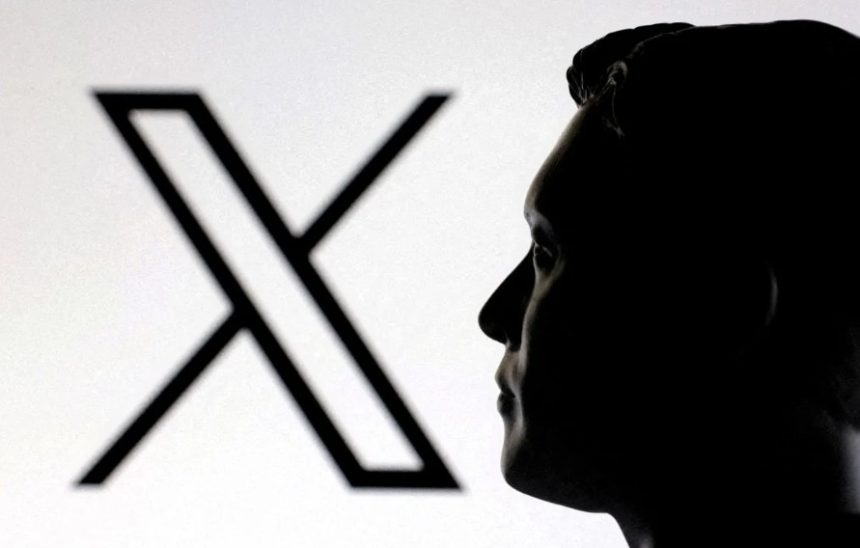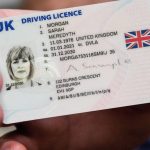Online Safety Act: UK Hits Back After X Warns of Free Speech Clampdown
The UK government is defending its controversial Online Safety Act amid backlash from social media platform X, which claims the legislation could muzzle free speech.
X, the platform formerly known as Twitter and owned by Elon Musk, posted a sharply worded statement titled “What Happens When Oversight Becomes Overreach.”
It slammed UK regulators for what it called a “heavy-handed approach” and warned that the new law might erode civil liberties.
But British officials aren’t backing down.
A government spokesperson fired back: “It is demonstrably false that the Online Safety Act compromises free speech.”
“As well as legal duties to keep children safe, the very same law places clear and unequivocal duties on platforms to protect freedom of expression.
Failure to meet either obligation can lead to severe penalties, including fines of up to 10 per cent of global revenue or £18 million, whichever is greater.”
The Online Safety Act came into force on 25 July. Its aim? To shield children from harmful online content. That includes anything from pornography to suicide-related material.
Platforms are now legally bound to introduce robust safeguards, like age verification systems and content moderation practices, to curb access to illegal or dangerous content.
X has raised alarms over the breadth of the Act’s regulatory scope and its potential chilling effect on free expression. For a deeper dive into the platform’s critique and wider concerns, see this analysis of how the Online Safety Law threatens free speech.
“As a result, the act’s laudable intentions are at risk of being overshadowed by the breadth of its regulatory reach. Without a more balanced, collaborative approach, free speech will suffer,” X warned.
“Many are now concerned that a plan ostensibly intended to keep children safe is at risk of seriously infringing on the public’s right to free expression.”
X’s concerns have reignited debate around the fine line between protection and censorship. The platform argues that without balance, the UK risks stifling open discourse online. It also voiced worries that the law’s scope may create uncertainty for tech innovators.
Meanwhile, UK watchdog Ofcom has wasted no time. It has launched investigations into 34 adult sites over potential non-compliance with age-check rules.
“A balanced approach is the only way to protect individual liberties, encourage innovation, and safeguard children,” X stated.
Technology Secretary Peter Kyle has also entered the fray. He locked horns with Reform UK leader Nigel Farage after the party pledged to repeal the Act if elected.
Kyle accused Farage of siding with “extreme pornographers”, a sharp escalation in rhetoric over what has become one of the most divisive digital laws in the country.
Despite the heat, ministers insist the law is fair and proportionate. “The Act is not designed to censor political debate and does not require platforms to age gate any content other than those which present the most serious risks to children, such as pornography or suicide and self-harm content,” the government said.
“Platforms have had several months to prepare for this law. It is a disservice to their users to hide behind deadlines as an excuse for failing to properly implement it.”
The UK stands by the Online Safety Act, describing it as a necessary measure to protect the vulnerable, especially children online. But as the tech world pushes back, the clash between regulation and rights shows no sign of cooling down.






